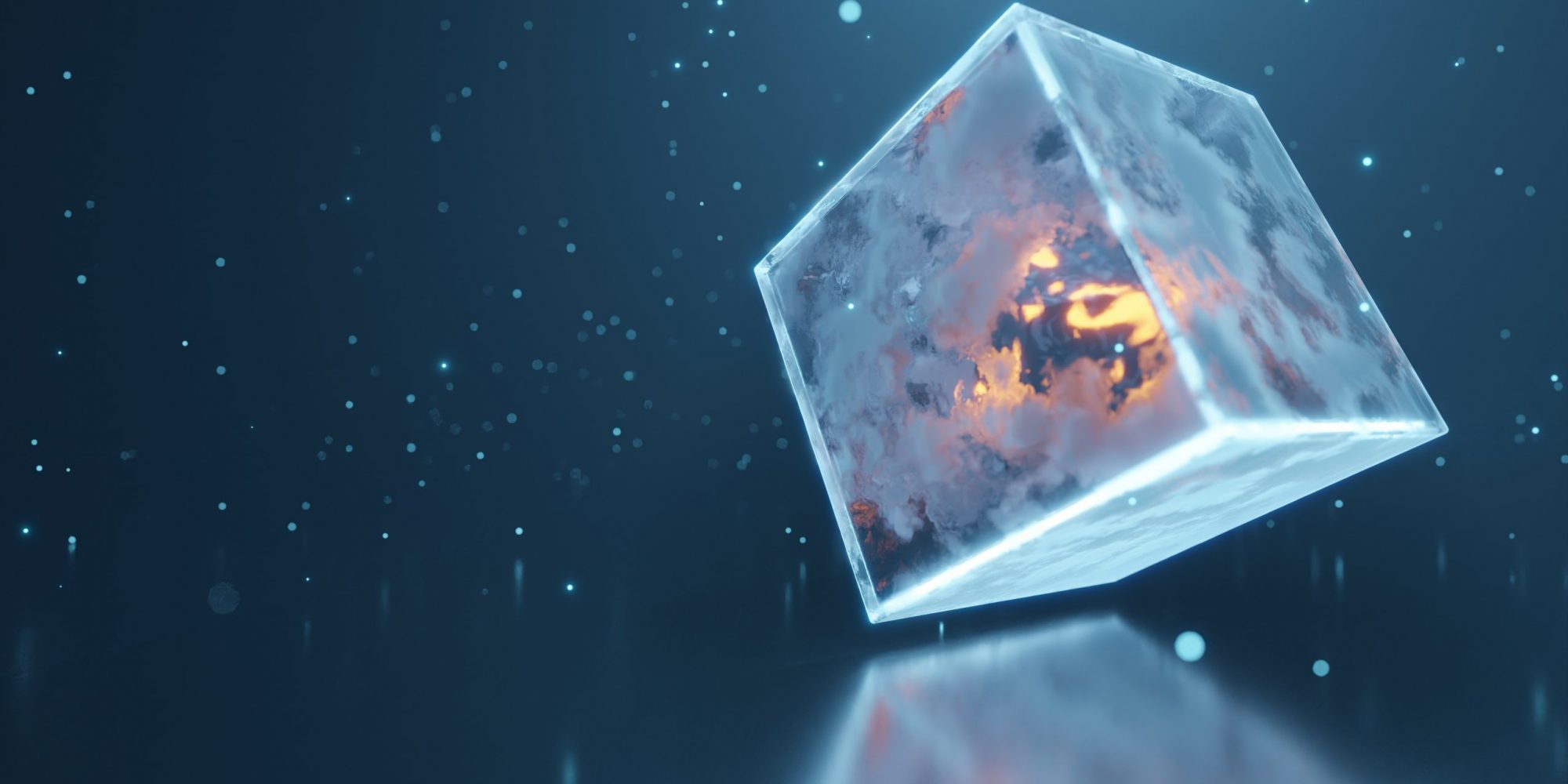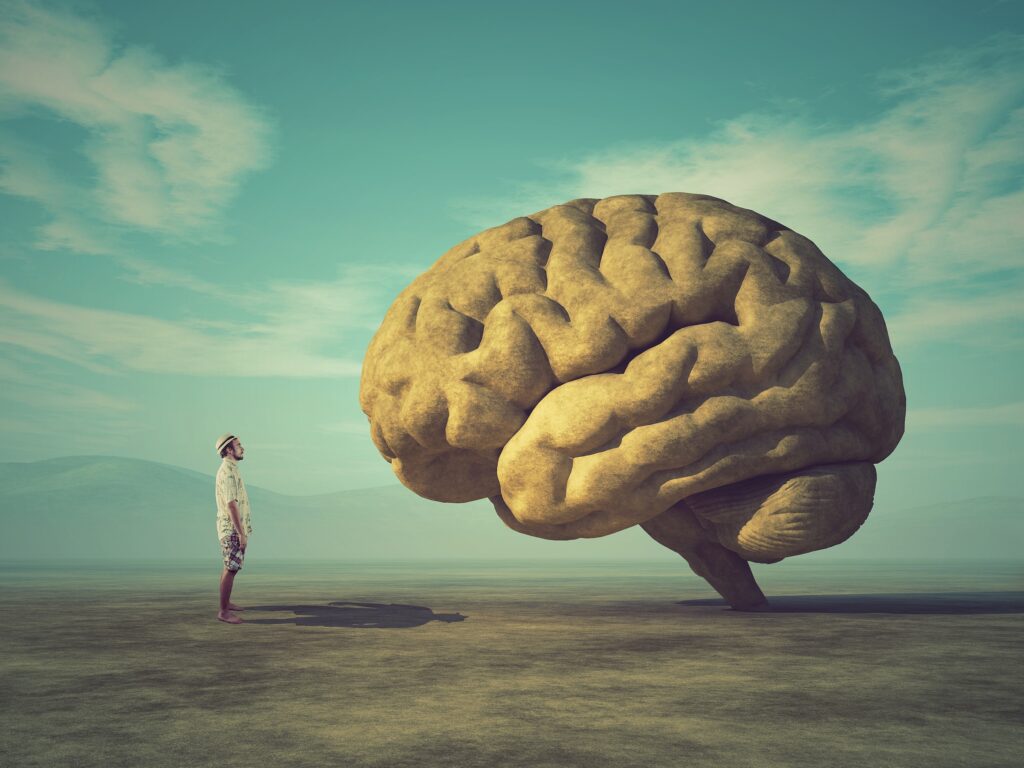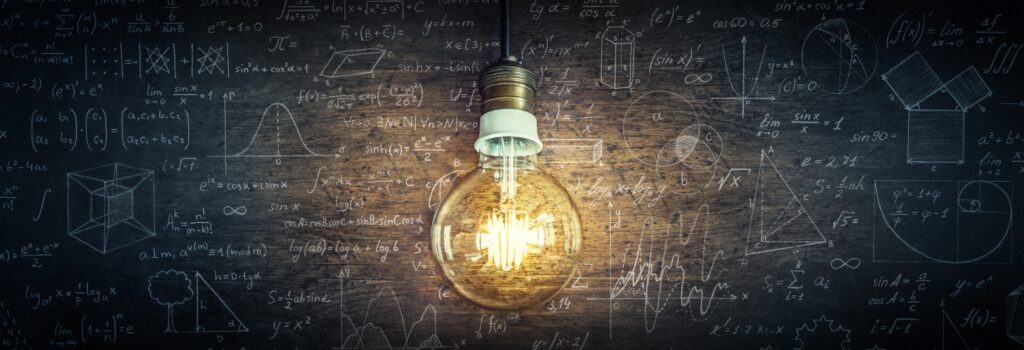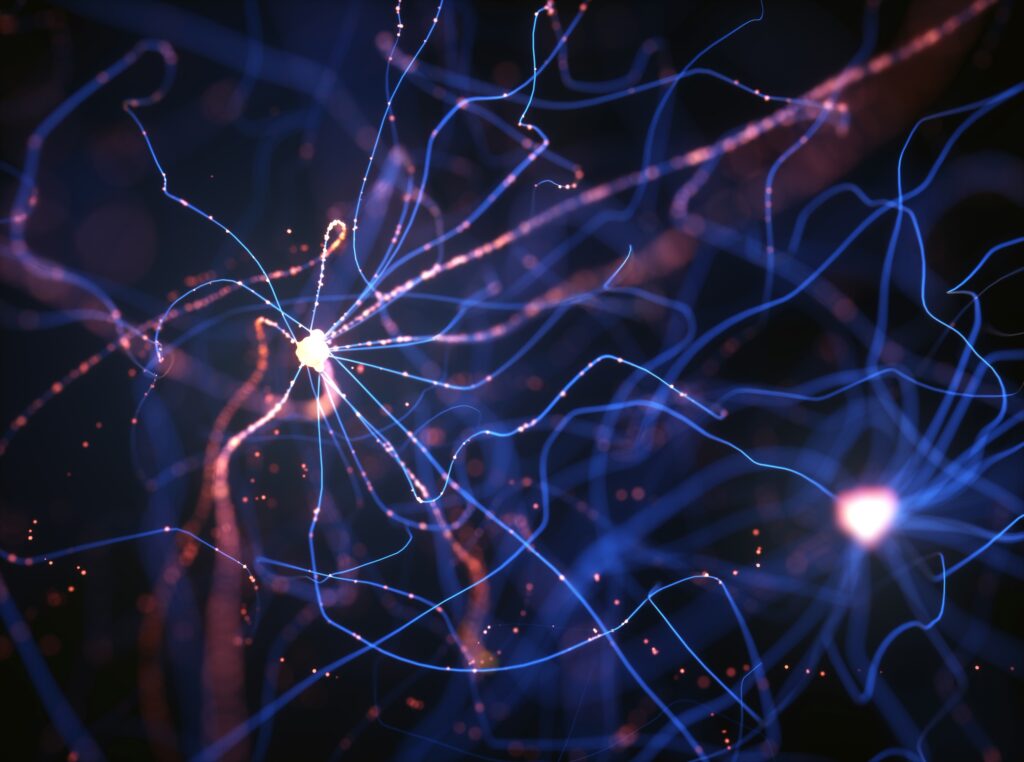Higher dimensions of consciousness?
Seeing | philosophy
![]() Jacob Jolij, PhD | 2022-03-27
Jacob Jolij, PhD | 2022-03-27

In this much anticipated presentation of the ‘Science of Consciousness’ conference 2021, dr. Jacob Jolij brings advanced physics and philosophy of mind together, to discuss higher dimensions of consciousness.

Essentia Foundation communicates, in an accessible but rigorous manner, the latest results in science and philosophy that point to the mental nature of reality. We are committed to strict, academic-level curation of the material we publish.
Recently published
Reading
Essays
Seeing
Videos
Let us build the future of our culture together
Essentia Foundation is a registered non-profit committed to making its content as accessible as possible. Therefore, we depend on contributions from people like you to continue to do our work. There are many ways to contribute.















